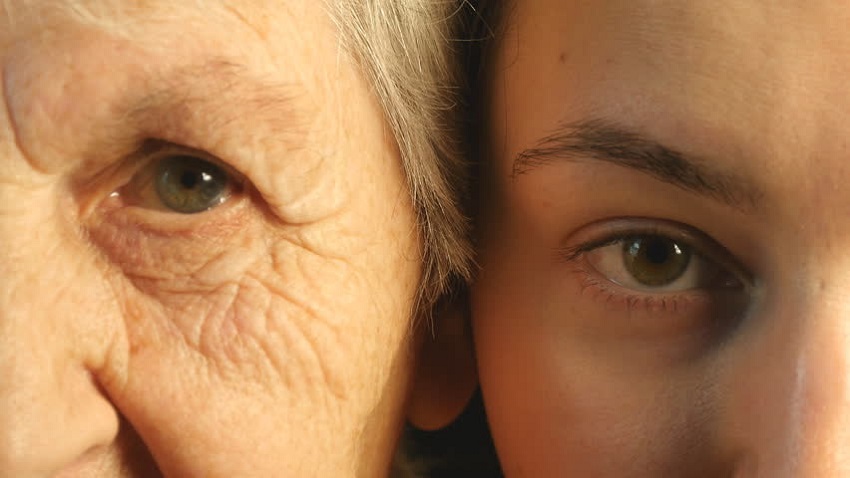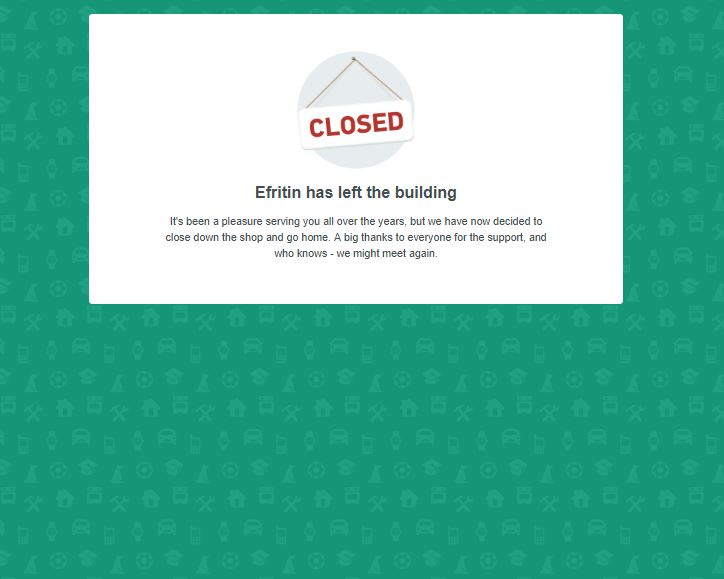It’s the latest breakthrough in the world of science. Alphaville, Jay Z and Mr Hudson can now have their wish. The University of New South Wales (UNSW) scientists have made a significant advance for anti-ageing successfully thwarting the ageing DNA in a mouse.
Essentially, the thwart handed them the ability to reverse ageing in mouse DNA. Now, they’re set to start human experiment within the next six months at Brigham and Women’s Hospital in Boston.
Wiredbugs gathered that the UNSW researchers’ breakthrough in the molecular process would enable cells to fix damaged DNA. As learnt, their experiments in mice showed that it’s possible to come up with a treatment for DNA damages caused by ageing and radiation.
See Also – Scientists In Germany Just Switched On The World’s Largest “Artificial Sun”
Reporting their findings, the researchers specified that while human cells do fix damaged DNA, the ability to do that diminishes as we grow old.
With that, they offered that they found that the metabolite NAD+, which is naturally present in every cell of the human body, function majorly as a regulator in protein-to-protein reciprocal actions that control DNA repair.
As such, the scientists experimented with a mice that have got its DNA damaged by radiation exposure and old age. They treated the mice with a NAD+ precursor and booster called NMN.
Safe and Effective Anti-ageing Drug for The World
Commenting on the outcome of the experiment, Professor David Sinclair of UNSW School of Medical Sciences and Harvard Medical School Boston said:
“The cells of the old mice were indistinguishable from the young mice, after just one week of treatment.
“This is the closest we are to a safe and effective anti-ageing drug that’s perhaps only three to five years away from being on the market if the trials go well.”
Also, Professor Sinclair’s colleague at UNSW, Dr Lindsay Wu remarked that the breakthrough would be of boundless benefit to survivors of childhood cancers.
Dr Wu pointed out that 96 percent of childhood cancer survivors, when they’re 45, suffer chronic sickness ranging from cardiovascular disease, Type 2 diabetes, Alzheimer’s disease, to cancers unrelated to the one they previously suffered.
“All of this adds up to the fact they have accelerated ageing…It would be great to do something about that, and we believe we can with this molecule,” Dr Wu asserted.
From our gatherings, Dr Wu and Professor Sinclair have been working on making NMN into a drug substance since 2013.
While they’ve been examining the relationship between proteins and molecules, they focused on their functions in the ageing process. Already, they’ve established that NAD+ could be useful in treating a variety of ageing diseases, the side effects of chemotherapy and infertility among females.
Check Out – Tsimane People Of Bolivia: These people have the world’s healthiest hearts
Ageing DNA Breakthrough, A Victory For Astronauts
Meanwhile, the breakthrough in ageing DNA has attracted the attention of the National Aeronautics and Space Administration (NASA).
NASA have been striving to find a way to ensure its astronauts remain healthy during its four years visit to Mars. This is so because it has been established that cosmic radiation makes astronauts suffer accelerated ageing and other health issues.
“On a trip to Mars, the situation would be far worse: five per cent of the astronauts’ cells would die and their chances of cancer would approach 100 percent,” UNSW Sydney reported.














